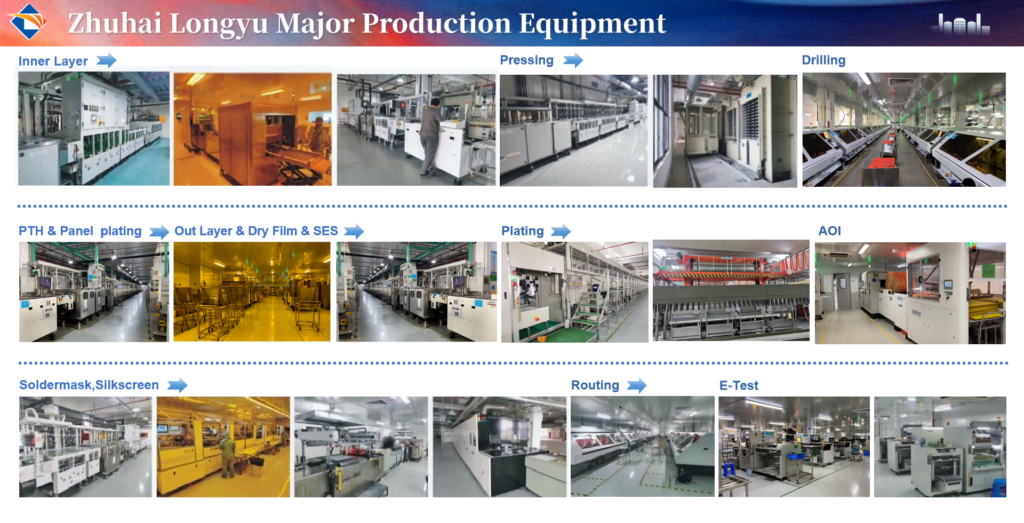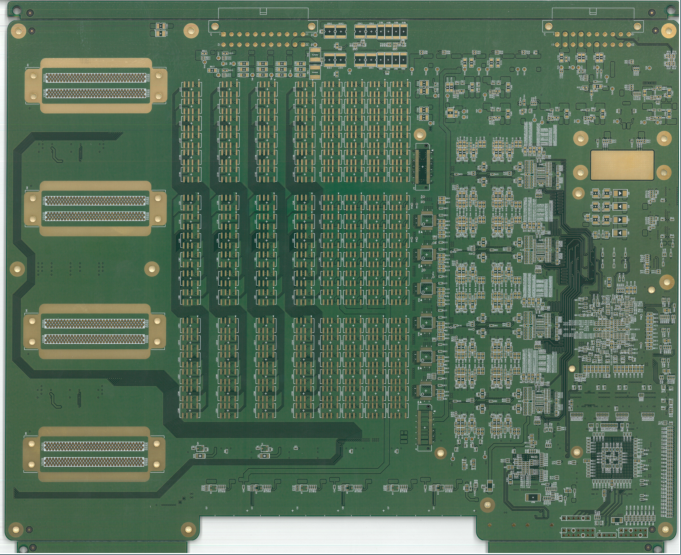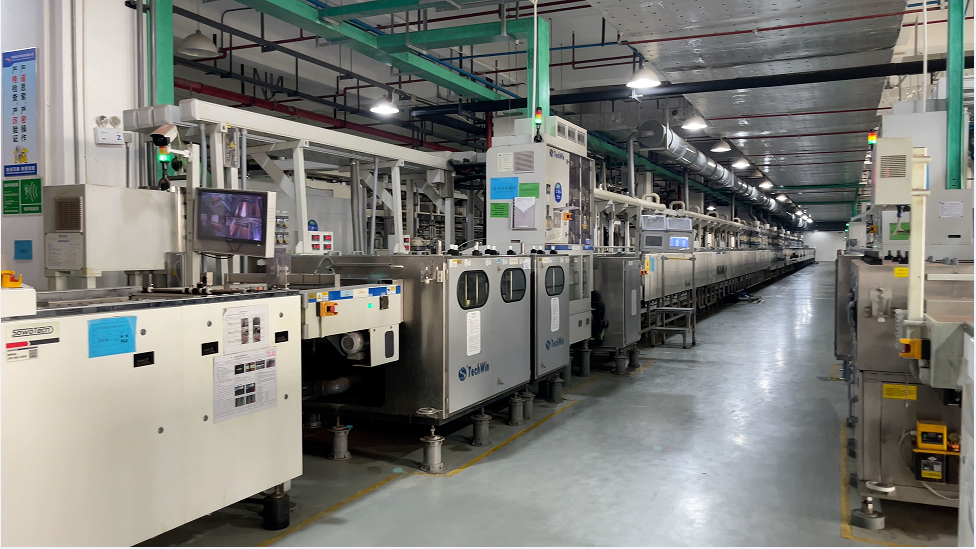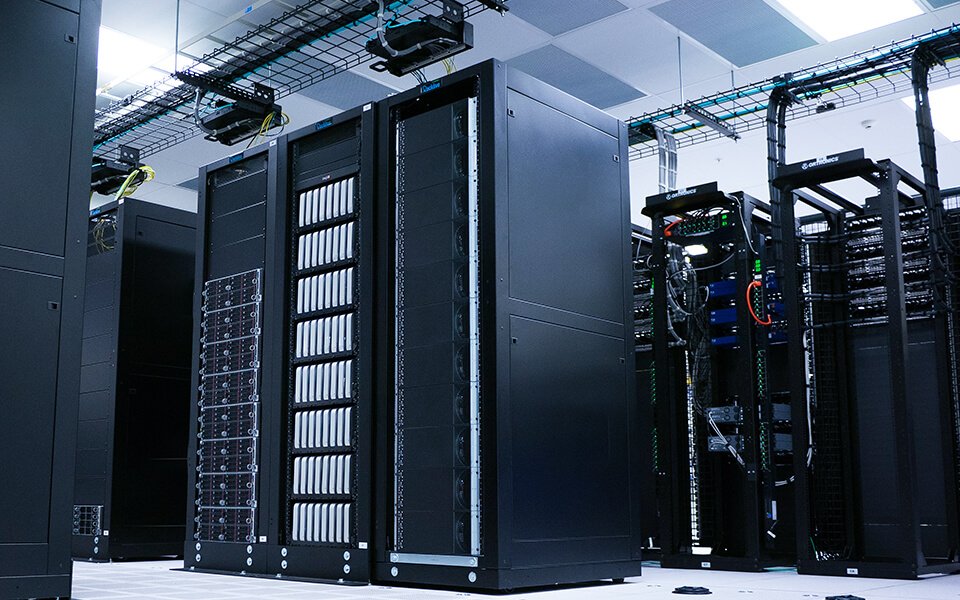As global demand for sustainable products rises, wholesale buyers are increasingly seeking eco-friendly solutions. In the PCB manufacturing sector, meeting environmental standards is crucial for maintaining compliance and attracting eco-conscious customers.At Longyu PCB, we focus on integrating green practices into our manufacturing processes.
This article explores key eco-friendly strategies in PCB production, including sustainable materials, energy-saving processes, waste management, and compliance with global regulations.

1. Why Green PCB Manufacturing Matters to Wholesale Buyers
1.1 The Shift Towards Sustainability
With environmental regulations tightening worldwide, businesses are under pressure to adopt sustainable practices. Wholesale buyers, especially those exporting to Europe and North America, must ensure their supply chains comply with standards like RoHS, REACH, and WEEE.
Key Motivations:
- Market Access: Meeting environmental standards is crucial for entering markets like the EU.
- Brand Reputation: Demonstrating a commitment to sustainability attracts eco-conscious clients.
- Cost Efficiency: Reducing waste and energy consumption lowers long-term production costs.
According to Statista, over 70% of wholesale buyers in Europe prioritize suppliers with proven environmental compliance.
1.2 Compliance Challenges for Global Buyers
| Regulation | Focus | Impact on PCBs |
|---|---|---|
| RoHS | Restricts hazardous substances | Limits the use of lead, cadmium, and mercury. |
| REACH | Chemical safety and usage | Monitors potentially harmful substances. |
| WEEE | E-waste management | Promotes recycling and reuse of PCB components. |
2. Key Green Practices in PCB Manufacturing
2.1 Eco-Friendly Materials for Sustainable PCBs
The choice of materials is a critical factor in achieving sustainable PCB manufacturing. Selecting eco-friendly and compliant materials ensures that the final product meets global standards.
| Material | Environmental Benefit | Application |
|---|---|---|
| Halogen-Free Substrates | Reduces toxic emissions during incineration. | Consumer electronics, automotive systems. |
| Lead-Free Solder | Complies with RoHS, reducing heavy metal contamination. | High-reliability industrial PCBs. |
| Bio-Based Epoxy Resins | Lowers environmental impact, derived from renewable sources. | Sustainable electronics and green-certified products. |
For more on eco-friendly PCB materials, see IPC Guidelines on Green PCBs.
2.2 Energy-Efficient Manufacturing Processes
Reducing energy consumption is a key aspect of green manufacturing. Implementing energy-efficient processes can significantly lower production costs and meet sustainability targets.
Green Manufacturing Techniques:
- Smart Energy Management: Uses IoT sensors to monitor energy use in real time.
- Renewable Energy Integration: Solar and wind energy power key production lines.
- Low-Temperature Soldering: Reduces power consumption by operating at lower temperatures.
2.3 Waste Management and Recycling Initiatives
Efficient waste management is essential for reducing environmental impact. Modern PCB manufacturing integrates recycling practices to minimize landfill contribution.
Key Waste Reduction Strategies:
- Recycling Copper and Precious Metals: Reduces resource consumption by reclaiming valuable materials.
- Efficient Water Treatment: Recirculates wastewater in etching and plating processes.
- Biodegradable Packaging: Uses eco-friendly materials to reduce packaging waste.
According to GreenPCB Initiative, efficient waste management can reduce manufacturing costs by up to 30%.
3. Advanced Strategies for Sustainable PCB Production
3.1 Digital Twin Technology for Sustainability
Digital twins create virtual replicas of physical processes, enabling real-time monitoring and simulation. In PCB manufacturing, they optimize energy consumption and reduce waste.
A PCB plant using digital twins reduced its energy consumption by 20%, as reported by McKinsey & Company.
3.2 AI-Driven Sustainability Monitoring
Artificial Intelligence (AI) provides real-time insights for managing sustainability, helping manufacturers track emissions and optimize processes.
According to Gartner, AI-driven monitoring can reduce environmental compliance costs by 15-20%.
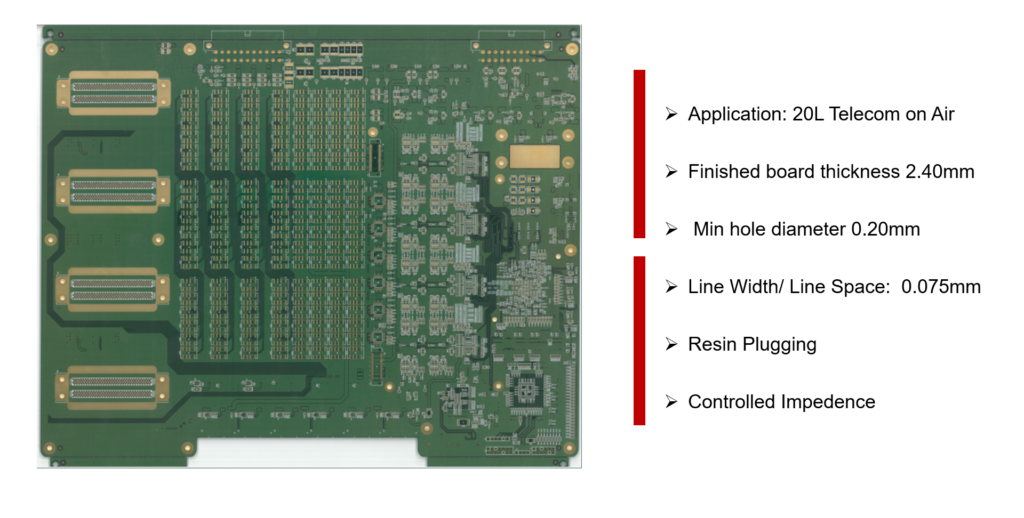
Conclusion: Sustainable PCBs for Global Buyers
Green PCB manufacturing is essential for global wholesale buyers aiming to meet environmental regulations and enhance brand value.
By partnering with Longyu PCB, you gain access to sustainable solutions that align with global compliance standards.
Contact us today to learn more about our green PCB solutions.



